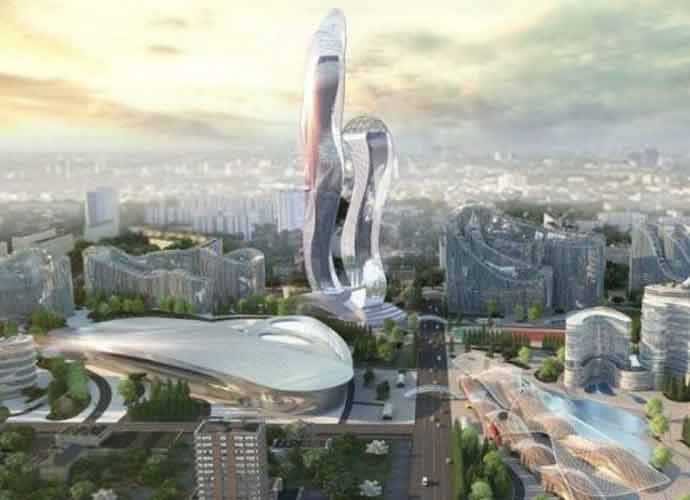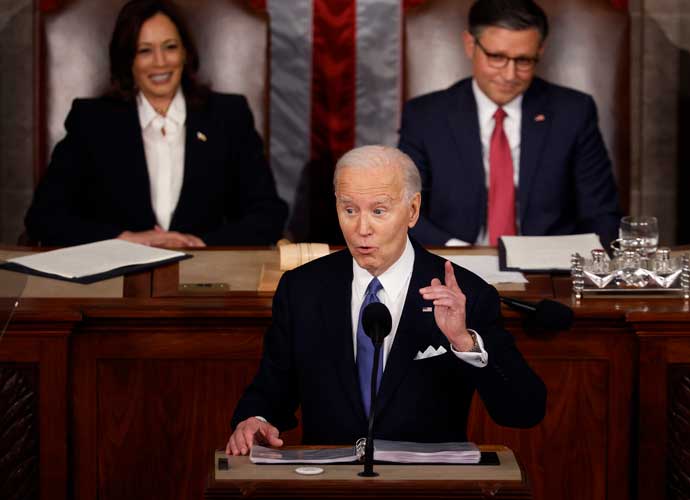Singer Akon Announces Plans To Build Utopian City In Senegal, Akon City
On August 31, Senegalese-American singer Akon announced that he plans to proceed with the creation of Akon City. The utopian city was an idea of Akon’s first publicized in 2018, but has been made official now that KE International, an American Engineering and Infrastructure Consulting firm, has been granted a $6 billion contract to begin construction. Akon City is meant to serve as a cultural and economic hub in Africa, featuring buildings inspired by traditional African sculptures, seven distinct districts (including “Senewood,” set to be one of the largest production studios in Africa), and its own cryptocurrency, AKOIN.
At the Monday bricklaying ceremony, Akon hinted that his recent decision to proceed may have been spurred on by the recent resurgence of the Black Lives Matter movement.
“The system back home treats [the black community] unfairly in so many different ways that you can never imagine. And they only go through it because they feel that there is no other way,” Akon said. “So if you’re coming from America or Europe or elsewhere in the diaspora and you feel that you want to visit Africa, we want Senegal to be your first stop.”
He has also expressed that he hopes to help Senegal’s economy through the $6 billion investment and introduction of his new cryptocurrency.
This effort follows several other successful philanthropic investments of his, including Akon Lighting Africa, which provides solar energy to 14 African nations and employs over 5000 people, the Konfidence Foundation, a charity which promotes health and education for Senegalese youth and supports impoverished families, and an appearance in Pitbull’s “I Believe That We Will Win (World Anthem)” official music video, the proceeds of which go towards Feeding America and the Anthony Robbins Foundation.
However, the response to Akon City as a whole has been mixed. Though AKOIN is meant to drastically improve the economy of both Senegal and Africa as a whole, it has been met with criticism. The currency, instead of relying on Senegal’s West African CFA franc, is set to rely on cellphone minutes. Akon’s reasoning behind this, as he explained in an interview for CNN’s Quest Means Business, was that Africans trust in their cellphone minutes over local currency. He said he wants Africans to have new financial opportunities independent of their governments.
Because AKOIN will not rely on a stable currency, there are many skeptics, including Michael Kimani, the chairman of the Blockchain Association of Kenya, who dismissed AKOIN as “pie-in-the-sky.” Another issue with the currency would be its reliance on smartphones, despite the fact that only “34% of Senegalese adults now report owning a smartphone.
The project has also faced criticism for its distinct lack of Senegalese names attached to it, as KE International is American and Hussein Bakri, the architect behind Akon City’s first renderings, works primarily in the United Arab Emirates. There is no word on whether the construction materials will be sourced from Senegal. The renderings of the buildings themselves have been mocked on Twitter for being phallic.
Akon you ain’t locked up no more they let you out pic.twitter.com/HMQg9QS4de
— I & I (@Mexican_cera) August 31, 2020
The building around 10am pic.twitter.com/juApRbD6qr
— neanderthal. (@lemy_unleashed) August 29, 2020
Despite all the controversy, both Alioune Sarr, the Senegalese tourism minister, and Macky Sall, the President of Senegal, have openly expressed support for Akon City, Sall by granting Akon the 2000-acre city’s site.
According to a story posted by KE International, the infrastructure and most of the city’s essentials (including a hospital, a mall, residences, hotels, a police station, and a school) will be complete by 2023. By 2030, the “Leader in Energy and Environmental Design” (LEED)-certified city should be fully completed, and fully running on AKOIN.
RELATED ARTICLES
Get the most-revealing celebrity conversations with the uInterview podcast!









Leave a comment